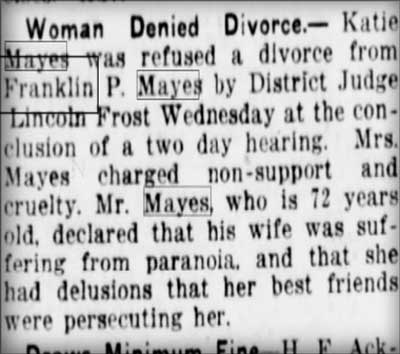Cases
Habeas petitions described a broad range of carceral, institutional, and interpersonal confinement over the long nineteenth century, including those used to demand due process, resist enslavement, challenge child removal and reservation confinement, avoid deportation, present child custody claims and protest child marriage, and to challenge institutionalization and detention in private and state institutions. As a legal mechanism borrowed from British common law and guaranteed as a civil right in US federal and state constitutions, habeas provides a lens on a diverse community of legal actors.
Our encoding practice allows us to identify petitions in these three categories and to indicate where those categories overlap. In addition to these three general categories, our team has identified the specific carceral charge being challenged as well as the particular forms of institutional and interpersonal confinements being questioned.
You may also browse or search petitions by location and/or jurisdiction to learn more about the myriad complaints petitioners brought before judges in Arizona, Iowa, Kansas, Missouri, Nebraska, Oregon, and Washington between 1812 and 1924. Each case entry includes a full citation, a summary, links to people with a role in the case, a list of other people named, and any sites of significance. Visitors wanting access to full case files can contact the cited repository for information about obtaining copies. Those without institutional affiliations may request image scans from Dr. Jagodinsky directly. The Glossary defines the attributes used to structure data from the habeas petitions. The Code Book explains the relational structure of the data and functionality of the database website.

Featured story: The Habeas Corpus and Divorce Proceedings of Katie Mayes
Basic Search
Simply enter the word you wish to find and the search engine will search for every instance of the word in the journals. For example: Fight. All instances of the use of the word fight will show up on the results page.
Wildcard Searches
Using an asterisk (*) will increase the odds of finding the results you are seeking. For example: Fight*. The search results will display every instance of fight, fights, fighting, etc. More than one wildcard may be used. For example: *ricar*. This search will return most references to the Aricara tribe, including Ricara, Ricares, Aricaris, Ricaries, Ricaree, Ricareis, and Ricarra. Using a question mark (?) instead of an asterisk (*) will allow you to search for a single character. For example, r?n will find all instances of ran and run, but will not find rain or ruin.
Capitalization
Searches are not case sensitive. For example: george will come up with the same results as George.
Phrase Search
Searching for a specific phrase may help narrow down the results. Rather long phrases are no problem. For example: "This white pudding we all esteem".
Subsequent Searches
Because of the creative spellings used by the journalists, it may be necessary to try your search multiple times. For example: P?ro*. This search brings up numerous variant spellings of the French word pirogue, "a large dugout canoe or open boat." Searching for P?*r*og?* will bring up other variant spellings. Searching for canoe or boat also may be helpful.
Filter by:
1 result
Download JSON Download CSVIn the matter of the Application of John Duffy for a writ of Habeas Corpus
- Earliest record date: October 16, 1886
- Petition type(s): Institutional
- Petition outcome: Unknown
- Fate of bound party: Unknown

